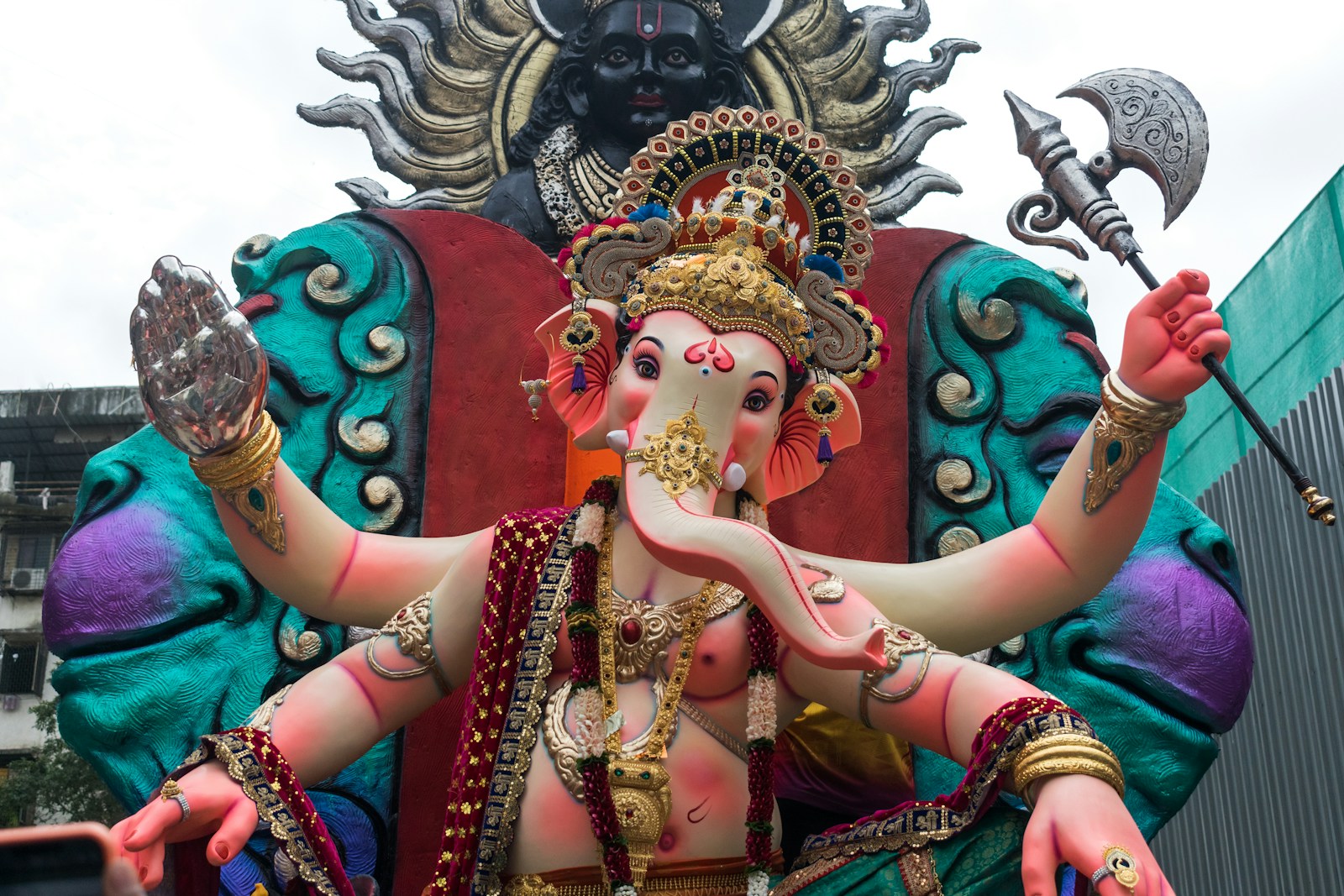
和平
hé píng

peace
The Chinese word '和平' means 'peace'. It's often used in contexts related to the absence of war or violence, harmony in personal relations, or serenity and tranquility. It's a commonly used word in Chinese, much like its English counterpart.
Example sentences using: 和平
和平就是力量。
Hépíng jiùshì lìliàng.

Peace is power.
This phrase indicates the belief that peace is a form of strength or power.
我祈求和平。
Wǒ qǐqiú hépíng.

I pray for peace.
The speaker is expressing a desire or hope for peace.
和平是个宝。
Hépíng shì gè bǎo.

Peace is a treasure.
This expresses the sentiment that peace is very valuable, like a treasure.
和平带来欢乐。
Hépíng dài lái huānlè.

Peace brings joy.
This statement suggests that peace brings happiness and pleasure.
我们向往和平。
Wǒmen xiàngwǎng hépíng.

We long for peace.
This phrase communicates the idea that we have a strong desire for peace.
和平是至高无上的。
Hépíng shì zhìgāowúshàng de.

Peace is supreme.
The phrase means peace is considered the highest or most important virtue.
热爱和平。
Rè'ài hépíng.

Love peace.
The speaker is encouraging a love or fondness for peace.
和平是需要的。
Hépíng shì xūyào de.

Peace is needed.
This phrase states that peace is necessary or required in a situation.
我们都想要和平。
Wǒmen dōu xiǎngyào hépíng.

We all want peace.
This is expressing a collective desire or wish for peace.
我追求和平。
Wǒ zhuīqiú hépíng.

I pursue peace.
This phrase indicates that the speaker is actively seeking or striving for peace.